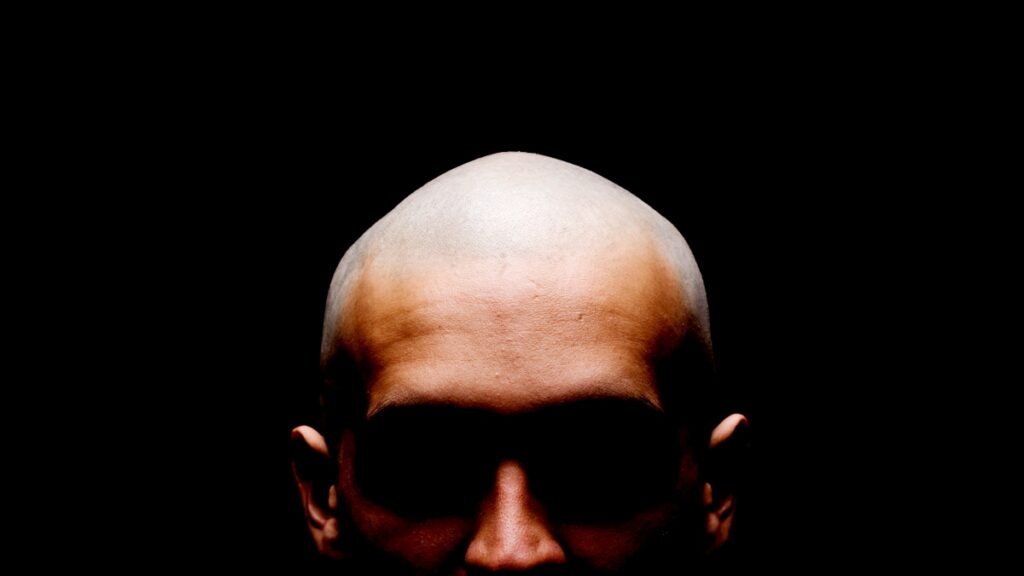
Men facing hair loss often grapple with more than just aesthetics. The drug finasteride, commonly prescribed for male pattern baldness, has proven effective in addressing this issue. However, increasing concerns about its potential links to serious mental health side effects, including depression and suicidal thoughts, have sparked significant discussion among users and healthcare professionals.
Understanding Finasteride and Its Mechanism
Finasteride targets androgenetic alopecia, effectively promoting hair regrowth while preventing further loss. The underlying cause of this condition is primarily the hormone dihydrotestosterone (DHT), which is derived from testosterone. DHT binds to hair follicles, leading to a process known as hair follicle miniaturization. This results in shorter growth cycles, ultimately yielding thinner and weaker hair.
By inhibiting the enzyme responsible for converting testosterone to DHT, finasteride can reduce DHT levels by approximately 60–70% in most men. Approved in the late 1990s as a prescription-only medication, finasteride is typically administered in a daily dose of 1 milligram. A higher 5 mg dosage is available but is primarily prescribed for non-cancerous prostate enlargement, not for hair loss. Importantly, finasteride is not recommended for women, despite the fact that they can also experience similar hair loss.
Mental Health Implications and Official Guidance
While Australia’s healthcare guidelines do not list mental health changes as an established side effect of finasteride, clinical trials have primarily identified other common side effects. Recent monitoring, however, has pointed to a potential connection between the drug and increased risks of depression and suicidal thoughts among patients. Initial trials did not reveal such concerns, but ongoing observations have raised alarms.
In May 2025, the European Medicines Agency (EMA) confirmed suicidal thoughts as a side effect linked to finasteride. The agency also cautioned that the drug could induce a depressed mood and exacerbate existing depression. Similarly, the United States Food and Drug Administration (FDA) issued a warning in April 2025 regarding compounded formulations of finasteride, indicating that topical versions could lead to similar mental health issues.
Should users notice changes in their mental health while taking finasteride, they are advised not to face these challenges alone. Consulting a healthcare professional is crucial to determine whether the drug is influencing mood and to explore potential support options. For some, pausing the medication may lead to improvement, while others may require a more thorough medical evaluation.
If symptoms are severe, discontinuation of the medication and immediate medical assessment could be necessary. While it is generally safe to stop finasteride, users should be aware that halting the medication will result in a gradual return to baseline hormone levels, leading to the loss of any hair regrowth achieved during treatment.
For those seeking alternatives, topical minoxidil serves as a first-line treatment available over the counter. While its effectiveness is well-documented, it may cause scalp irritation and is only effective while in use. The incidence of depression and anxiety associated with minoxidil is significantly lower than that observed with finasteride, primarily due to its topical application.
Another option is dutasteride, which operates similarly to finasteride. However, it may also present a risk for mental health complications, making it a less suitable alternative for those who have experienced issues with finasteride.
Nial Wheate, a Professor at the School of Natural Sciences at Macquarie University, and Jasmine Lee, a Pharmacist and PhD Candidate at the University of Sydney, emphasize the importance of being informed about potential side effects when considering hair loss treatments.
For individuals concerned about the implications of finasteride or experiencing mental health challenges, reaching out for support is crucial. A variety of resources are available globally, including 24/7 crisis hotlines, to provide assistance as needed.






